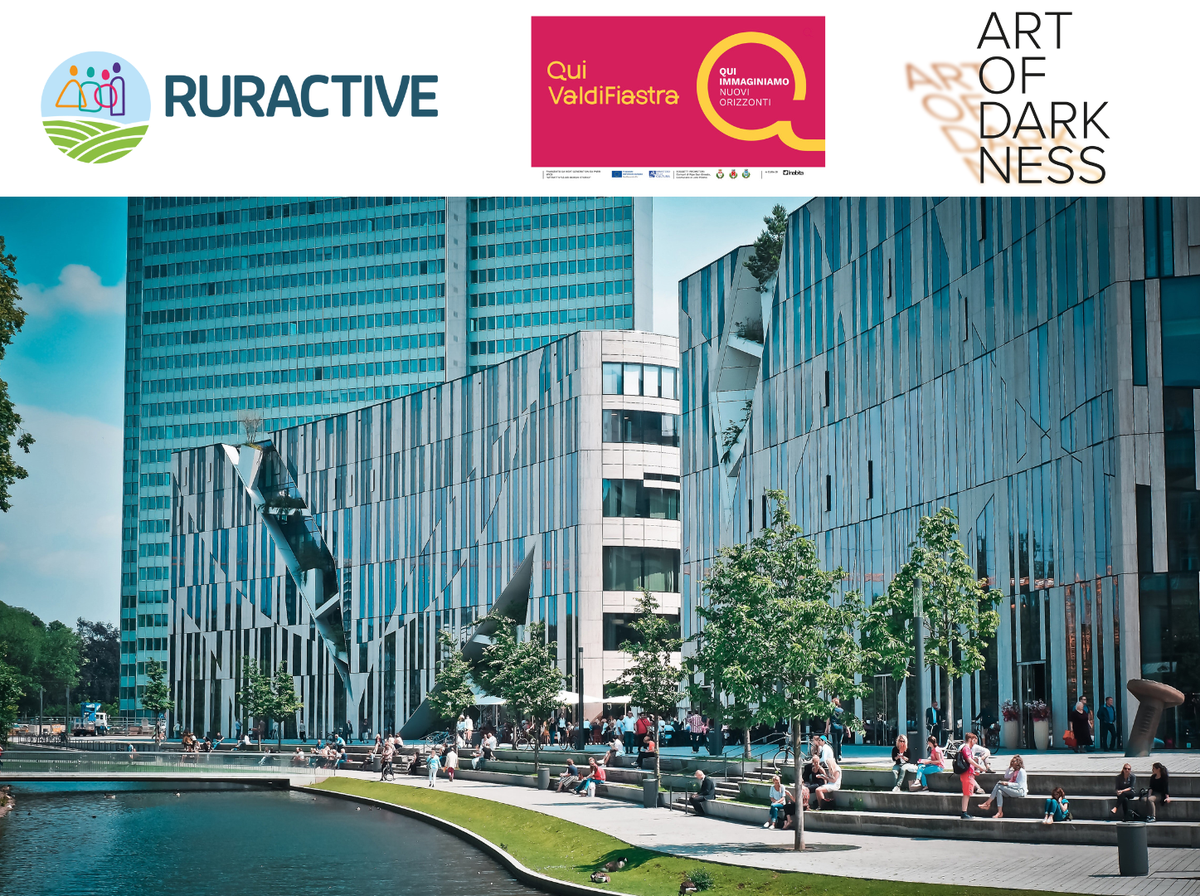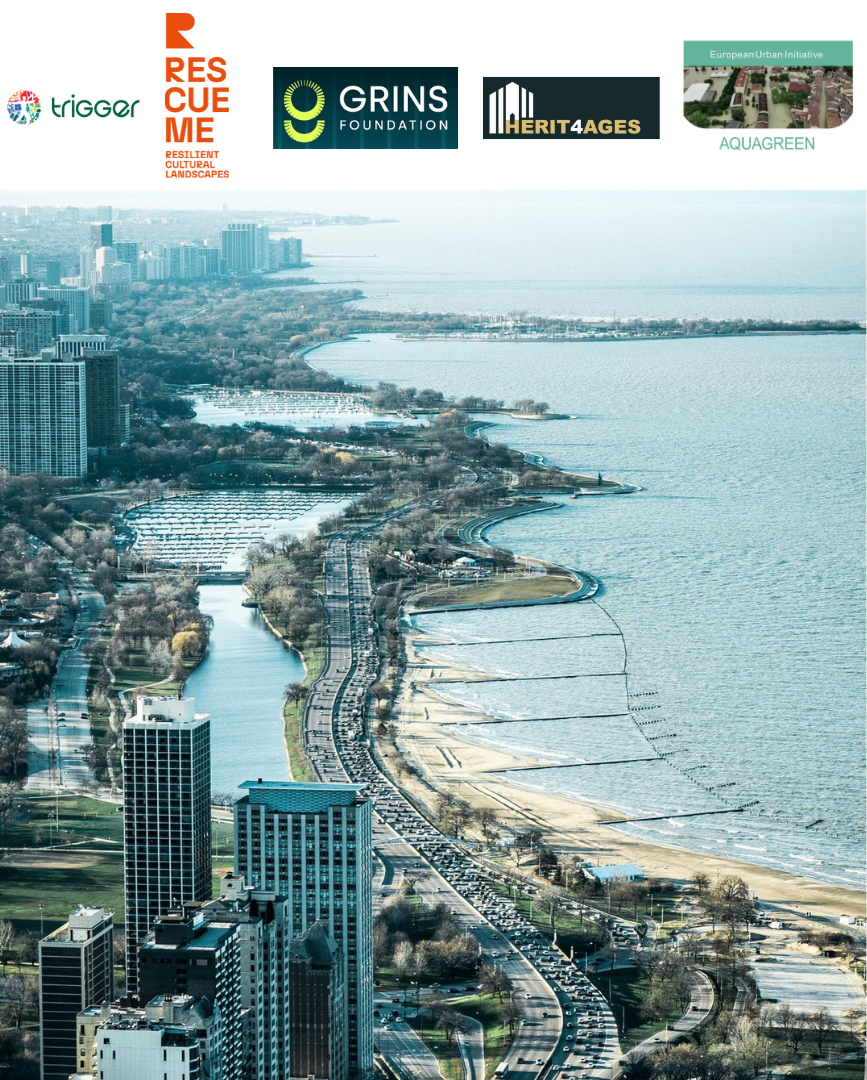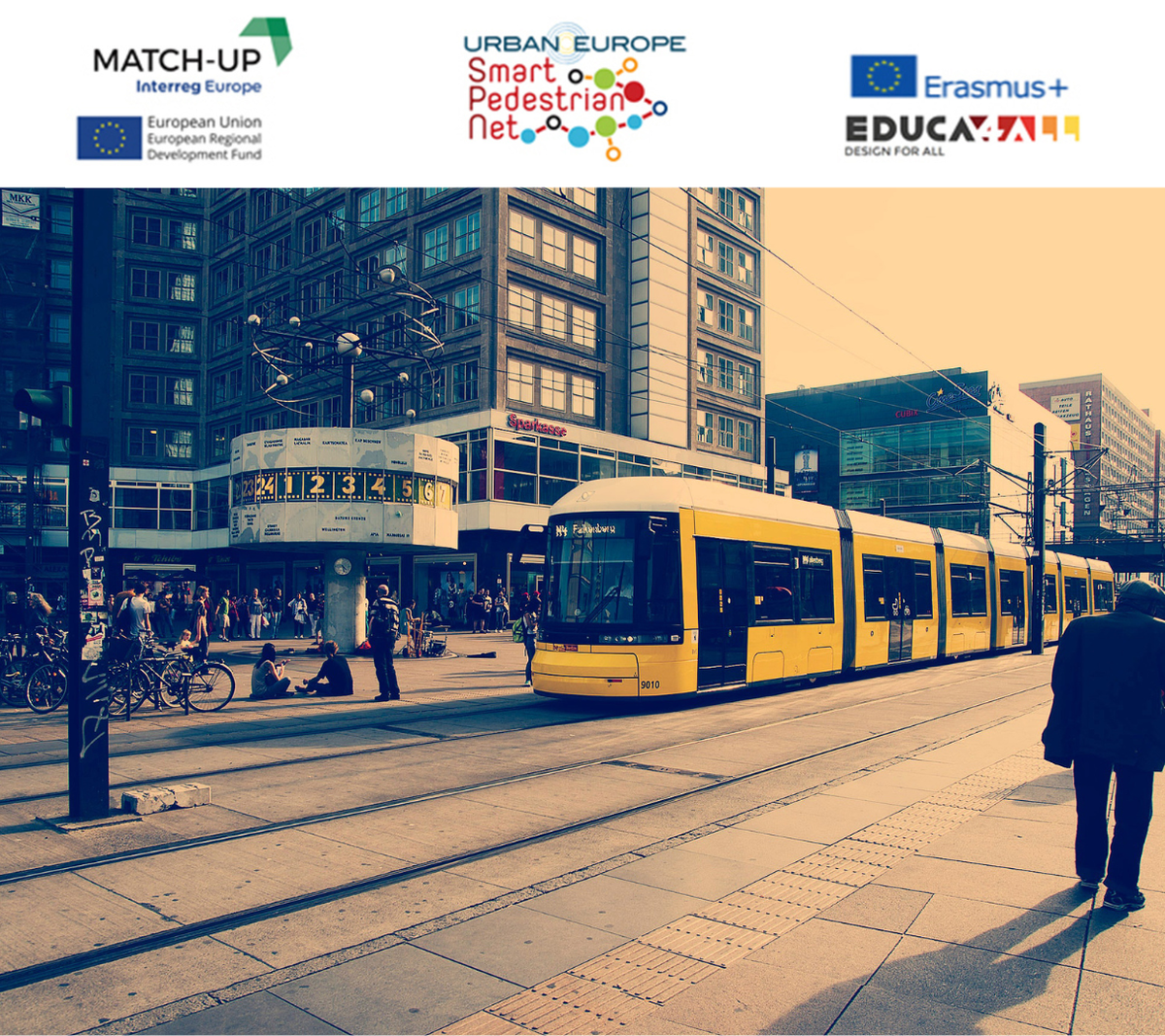Projects and Agreements
All the european projects the planning and regeneration research group is involved
URBAN AND RURAL REGENERATION
The obsolescence of buildings and urban fabrics is among the key issues impacting on society at several levels. Energy efficiency and structural safety of the existing urban blocks, social inclusion and liveability of public spaces are the main challenges to be tackled in the contemporary cities.
The consequences of the economic crisis, such as rising unemployment, civic disengagement, and social exclusion are leading to increasing divided societies and undermining not only urban context but also rural areas, where these phenomena are even more intense and aggravated by the threats imposed by climate changes and environmental degradation.
We investigate the main issues related to urban regeneration principles aiming at defining new planning and design approaches and tools able to provide more vibrant, energy efficient and safer urban contexts, characterized by mixed-uses, high levels of public spaces and facilities, differentiated densities, accessible and liveable green areas.
Furthermore, we investigate the potential of Cultural and Natural Heritage as a driver for rural regeneration and sustainable growth, thus addressing culture as an enabler for sustainable development in all its dimensions and as a fundamental factor for achieving Europe 2020 strategy for a smart, sustainable and inclusive growth.
Projects - In progress
Projects - Ended

RESILIENT, HEALTHY AND SUSTAINABLE CITIES
Most of the EU cities are currently facing the so-called urban paradox: although they are often characterized by high concentration of economic activities, employment and wealth, they are increasingly facing environmental and economic crisis, social disaggregation and climate change related impacts, that are threatening citizens’ health and wellbeing.
Our research tackles these threats by envisioning new participatory city planning and design approaches at the intersection of social, cultural, digital and nature-based innovations, aiming at increasing citizens’ health and wellbeing and cities’ resilience.
Projects - In progress
Projects - Ended
Research Contracts
- Strategic Environmental Assessment of the new Urban General Plan of the city of Nonantola (Modena, Italy)
- Strategic Environmental Assessment of the new Urban General Plan of the Sorbara Union's Municipalities (Modena, Italy)
- Strategic Environmental Assessment of the new General Urban Plan of the city of Castelfranco (Modena, Italy)

LOW-CARBON MOBILITY
Nowadays, mobility needs of urban and rural communities are more and more complex and affected by different socio-economic features, such as lifestyles, behaviours, aims, etc. These influence the quality and liveability of the urban environment and the level of segregation of peripheral areas, thus generating social and environmental conflicts.
In this framework, our research activity is focused on mobility solutions with reference to their role in orienting urban dynamics in sustainable terms. Notably specific research has been developed on:
- The role of multimodal mobility in promoting sustainable and low-carbon cities.
- Innovative strategies for the internaliation of transport external costs, by integrating the traditional approach based on the “economic" internalization of external costs (i.e. pricing measures) with a wider internalization view that implies land use and environmental planning as well
- Improving the quality of life in urban areas using infrastructure and public transport and through the enhancement of pedestrian and cycling paths as triggers for urban regeneration.
Projects - Ended

SOCIAL SUSTAINABILITY IN URBAN PLANNING
Social sustainability is the main lenses for investigating housing policies in urban planning. Fostering social sustainability in housing means creating inclusive, secure and healthy communities, well-functioning into the urban dynamics.
Our research focuses on public housing, social housing and more generally on affordable housing as a welfare policy, on the interrelations between public and private actors in retrofitting the housing stock, on citizens’ engagement and occupant behaviour for energy consumption optimisation.
Our researches adopt an RRI approach anticipating and assessing potential implications and societal expectations, taking into account five components: Public engagement, Open access, Gender equality, Ethical issues and promoting formal and informal science education.
Projects - In progress
Projects - Ended
